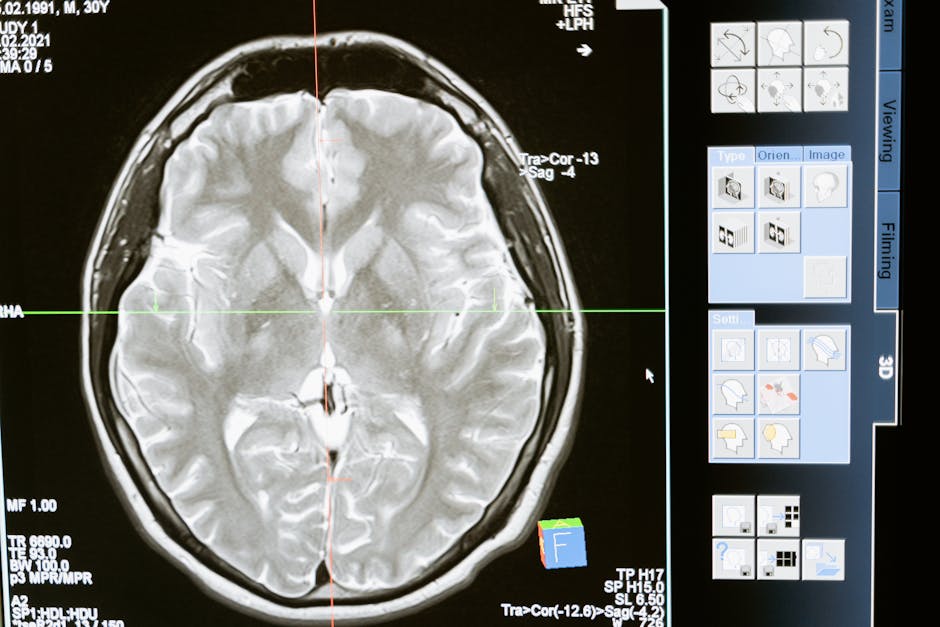
Breaking Barriers: The Power of Translation and Interpretation Services
Benefits of Translation Services:
1. Wider Reach: One of the most obvious benefits of translation services is their ability to expand the reach of any content or message. By translating articles, documents, websites, and social media posts into different languages, businesses, organizations, and individuals can connect with audiences worldwide, attracting more customers or readership.
2. Enhanced Understanding: Translating texts allows people to access information in their native language, ensuring a better understanding of complex subjects like legal documents, medical reports, or scientific research. This fosters inclusivity by breaking down language barriers and empowering individuals to make informed decisions.
3. Cultural Exchange: Translation allows for cultural exchange by bringing literary works and artistic creations from various cultures to a wider audience. Translators enable the dissemination of diverse perspectives and ideas across borders, enriching societies with new knowledge and promoting intercultural understanding.
4. Business Growth: For businesses expanding internationally or targeting multicultural markets domestically, professional translation services are essential. Accurate translations build trust among customers by showing that companies value their language and culture. By localizing marketing materials or product descriptions, businesses can effectively engage with customers in different regions.
5. Legal Compliance: In legal matters involving foreign parties or jurisdictions, accurate translations are crucial for ensuring fairness and equal representation for all involved parties. Certified translators provide reliable translations that hold up in court proceedings, contributing to justice being served.
Pros of Interpretation Services:
1. Real-Time Communication: Interpretation services facilitate face-to-face or remote communication by instantly translating spoken language. This is particularly useful in business meetings, conferences, medical consultations, or legal proceedings, where immediate understanding is imperative.
2. Cultural Sensitivity: Skilled interpreters not only bridge the linguistic gap but also navigate cultural nuances and adapt their interpretations accordingly. They ensure effective communication by considering cultural sensitivities, idiomatic expressions, and non-verbal cues, fostering positive cross-cultural interactions.
3. Accessibility: Interpretation services are crucial for individuals with limited language proficiency or hearing impairments. Sign language interpreters, for example, enable deaf individuals to fully participate in various settings, including educational institutions, workplaces, and public events.
Cons of Translation and Interpretation Services:
1. Subjectivity and Bias: Translators and interpreters face the challenge of maintaining accuracy while avoiding subjective interpretations. Language is inherently complex and can be interpreted differently based on context or cultural understanding. Misinterpretations or mistranslations may occur if the translator lacks expertise in specialized fields or has personal biases.
2. Cost and Time Constraints: Professional translation and interpretation services often come with a price tag that may deter some individuals or organizations with limited budgets. Additionally, tight deadlines can put pressure on translators or interpreters, potentially compromising the quality of their work.
3. Language Limitations: Despite the vast range of languages covered by translation services, there are still some rare languages that may not have sufficient resources available. This can pose challenges when seeking translation or interpretation assistance for these specific languages.
Translation and interpretation services serve as indispensable tools for breaking down language barriers and promoting cross-cultural understanding. With their ability to enhance communication, expand knowledge exchange, foster inclusivity, and facilitate global relationships, these services undoubtedly play a crucial role in our interconnected world. While they have their limitations and challenges, the benefits they offer outweigh these concerns. In an increasingly diverse global society, investing in professional translation and interpretation services is an investment in a more connected and harmonious world.
